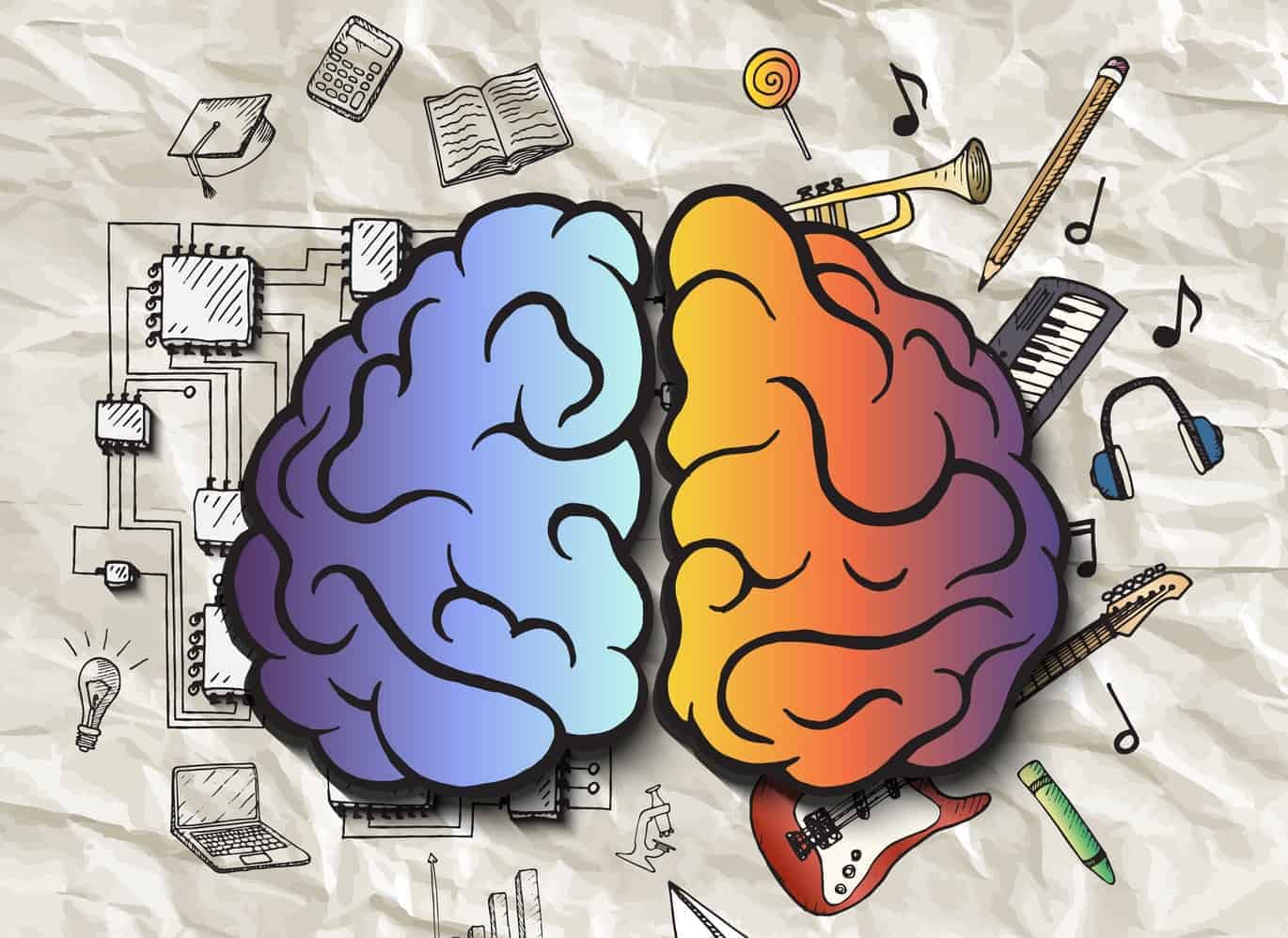In school, you probably remember taking an IQ test of some sort to determine your intelligence. If you got a low score, you likely felt inadequate and inferior to your peers who may have scored higher. However, did you know that there are nine different types of intelligence?
Howard Gardner, Hobbs Professor of Cognition and Education at the Harvard Graduate School of Education, discovered these nine areas of intelligence in 1983. Dr. Gardner calls this the theory of multiple intelligences, believing that everyone falls under one or more of them to some degree.
So, just because you can’t quite grasp quantum physics and geometry doesn’t mean that you lack intelligence. You just might excel more in things like emotional intelligence or music or philosophy. With that said, read on to find out which type of intelligence best describes you.
What type of intelligence do you have?

1. Linguistic
If you have linguistic intelligence, you always find the right words to convey your thoughts. You excel in language, so you likely love to read and write, possibly even give speeches. According to Dr. Gardner, linguistic intelligence is the most common type of intelligence in humans.
2. Logical-mathematical
This type of intelligence means that you use logic and reason to solve problems and perceive connections. These types of people are very analytical and practical, and excel in math, science, detective work, and experiments of any kind. Logical-mathematical intelligence involves identifying patterns, using sequential reasoning, and relying on factual evidence and proven theories to solve a problem.
3. Bodily-Kinesthetic
This type of intelligence requires the perfect harmony of mind and body and precision and accuracy in movements. Athletes, dancers, and surgeons exhibit this type of intelligence, as they must use their mental and physical strength to perform their jobs.
4. Intra-personal
Intra-personal intelligence means that you have a high level of understanding and awareness of yourself. You can connect with yourself and dissect your thoughts and feelings, using that information to guide you on the right path. People with this sort of intelligence feel great compassion for themselves and have learned how to love themselves despite their flaws. They have a profound understanding of humans, which makes them great psychologists, philosophers, or spiritual teachers. They often have a shy or introverted personality and are highly contemplative and inwardly driven.
5. Interpersonal
This type of intelligence sits on the opposite end of the spectrum of intra-personal intelligence. Yet it requires some of the same skills. Instead of looking inward, these people focus their attention outward and relate deeply to how other people feel. They can connect well with many people, using their communication skills to consider various opinions and perspectives, and showing sensitivity and compassion for everything they encounter. These types of people make wonderful teachers, social workers, politicians, or anything that requires leadership skills.
6. Naturalist
As the name suggests, naturalists have an innate curiosity and understanding of the world and can discern between many types of plants and animals. They love to study all the different features and landscapes of the natural world, making them wonderful botanists, chefs, farmers, biologists, or anything that requires a close relationship with nature.
7. Existential
This type of intelligence involves considering and trying to solve life’s biggest questions, such as the meaning of life, how we got here, why we die, and those types of profound topics. These people also make great philosophers, who don’t shy away from deep questions like these.
8. Musical
Obviously, this intelligence has to do with demonstrating and understanding various aspects of music, from playing different instruments to singing to composing and everything in between. From a young age, these types of people showed a great interest in playing instruments and probably sang to themselves or drummed on any surface they could find to create music. They can differentiate between pitches and rhythms in a song with no trouble and reproduce the music easily.

9. Spatial
Artists of all kinds exhibit high levels of spatial intelligence. This involves seeing the world around you in 3D and using your imagination to create new images or ideas. These people demonstrate a great understanding of the graphic arts, and their profession might involve painting, architecture, sculpting, or piloting a plane. These individuals have great creative intelligence and use that to convey their perspective and understanding of the world around them.

















